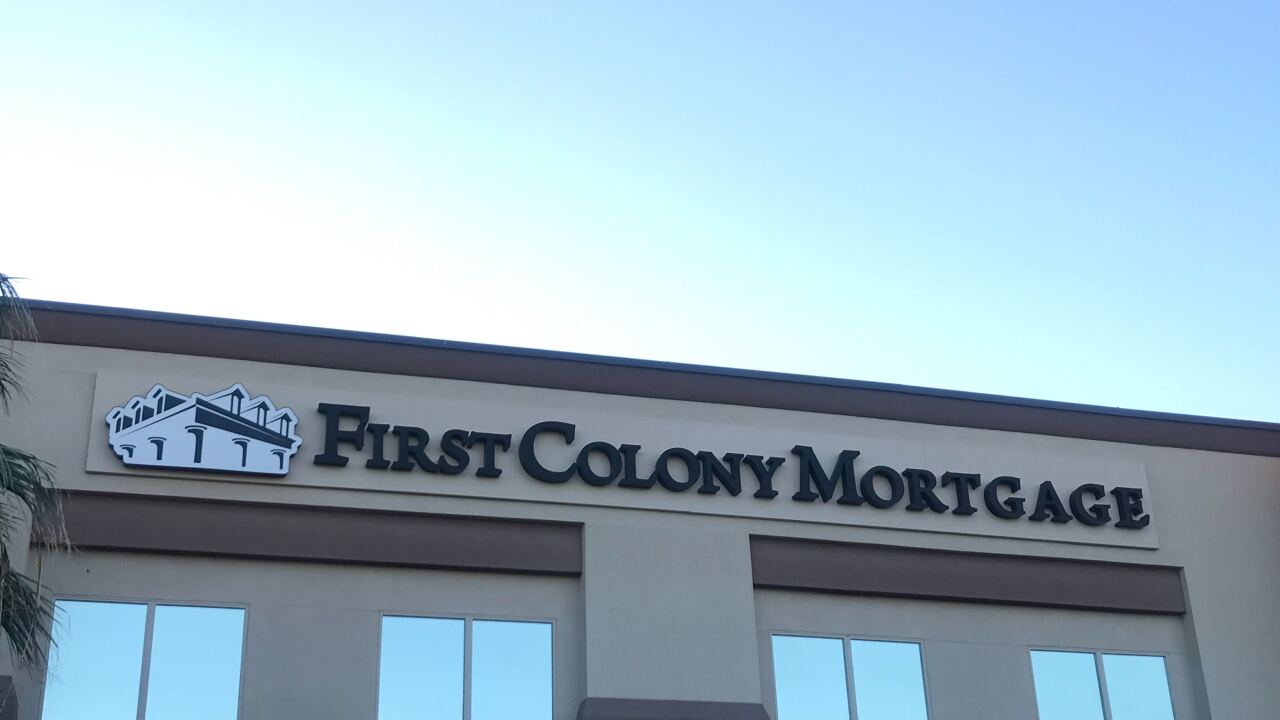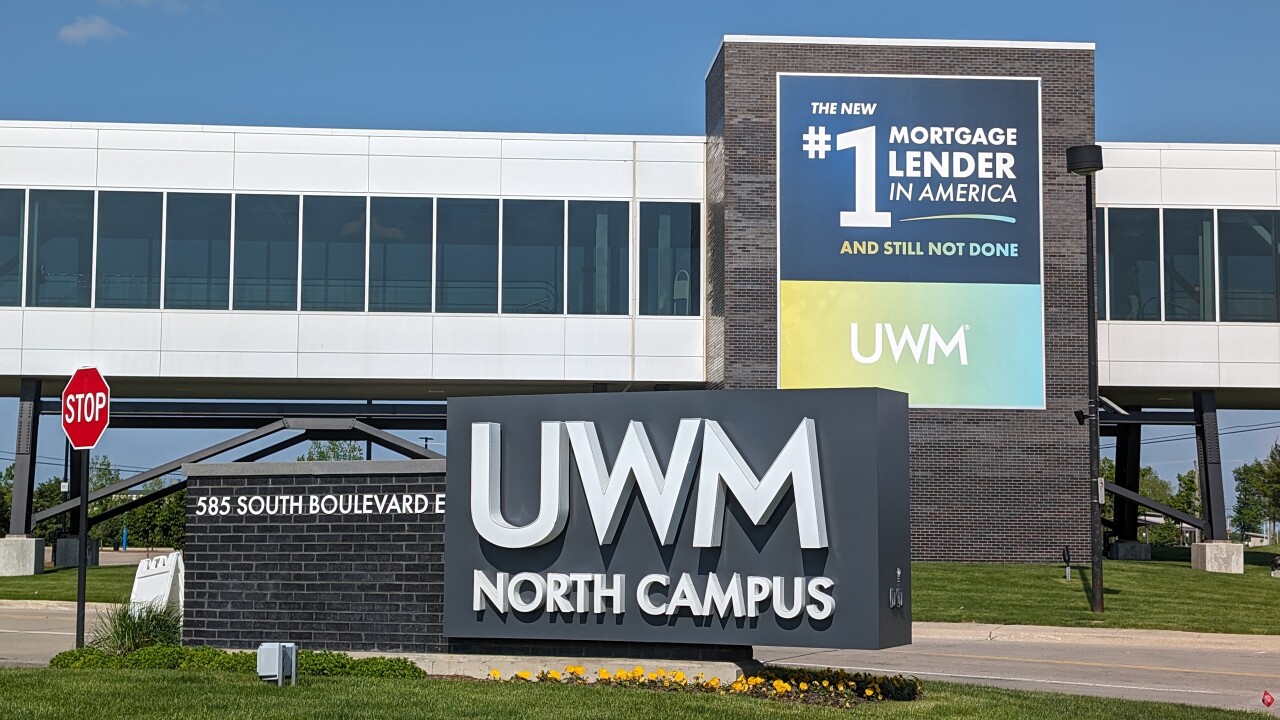Barriers to electronic processing at the closing end of the origination process remain considerable, but a web-accessible e-notarization process that is integrated into document workflow that recently passed muster with the state of North Carolina is making some headway in that area, according to DocuSign.
North Carolina is “pretty forward thinking” in doing this, said Tom Gonser, founder and chief strategy officer at industry vendor DocuSign, which also has gotten the technology approved for other transactions such as those done by the state’s Department of Motor Vehicles.
Gonser said the move likely will be extended to other jurisdictions but it may take some time to get all 50 states on board. That being said, because some states’ notaries can be authorized to serve all 50 states he believes there could be availability across the country by the middle of next year.
While hardware and software has been available for e-notarization previously, this is the first time web-accessible technology that is integrated into broader document workflow has been applied to electronic notarization, he said.
Previously efforts have largely consisted of e-signing through an electronic pen and tablet and electronic software documents that can be uploaded into workflow, Gonser said. It will still be possible to request paper notarization, but the state will be encouraging the electronic form due to its cost savings.
The new technology will allow individuals authorized by North Carolina to act as notaries to use their unique, secure credentials to access the e-notarization technology as they verify that the signing is done while they are in the physical presence of people signing documents at the time they do so, he said.
Both the notary and the signatory use the same computer for the electronic signing/authorization of the documents, with the signatory’s authorized “nesting” inside the account the authorized notary can access.
When asked how the mortgage industry might receive the technology, Gonser noted that due to the scrutiny and regulatory reform it has undergone, participants may prefer notarization as opposed to other forms of electronic authorization and signatures in some cases.
“We believe mortgage lenders will be open to it,” he said, noting that so far the response it has gotten from one of its clients that is among the largest players in the industry has been that it is “glad it is so strictly in accordance with the notary process,” he said.
While DocuSign has many clients using its electronic documents on the front end of the origination process,
He said states notary frameworks generally fall into three categories. Some, like North Carolina, have an electronic system that can be used to verify their authorization. Others use an electronic “token” that notaries physically carry and plug into USB ports for verification.
The remaining one-third of the states tend to generally use as a definition for official notarization the requirement that the notary and the signatory have to be in one another’s physical presence.





